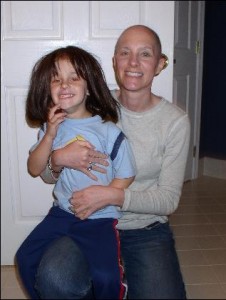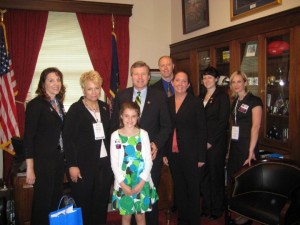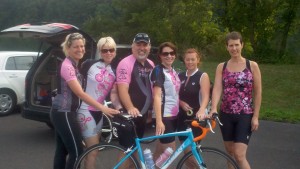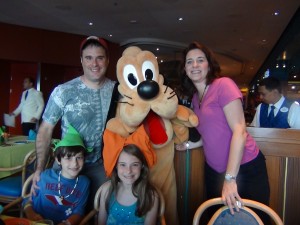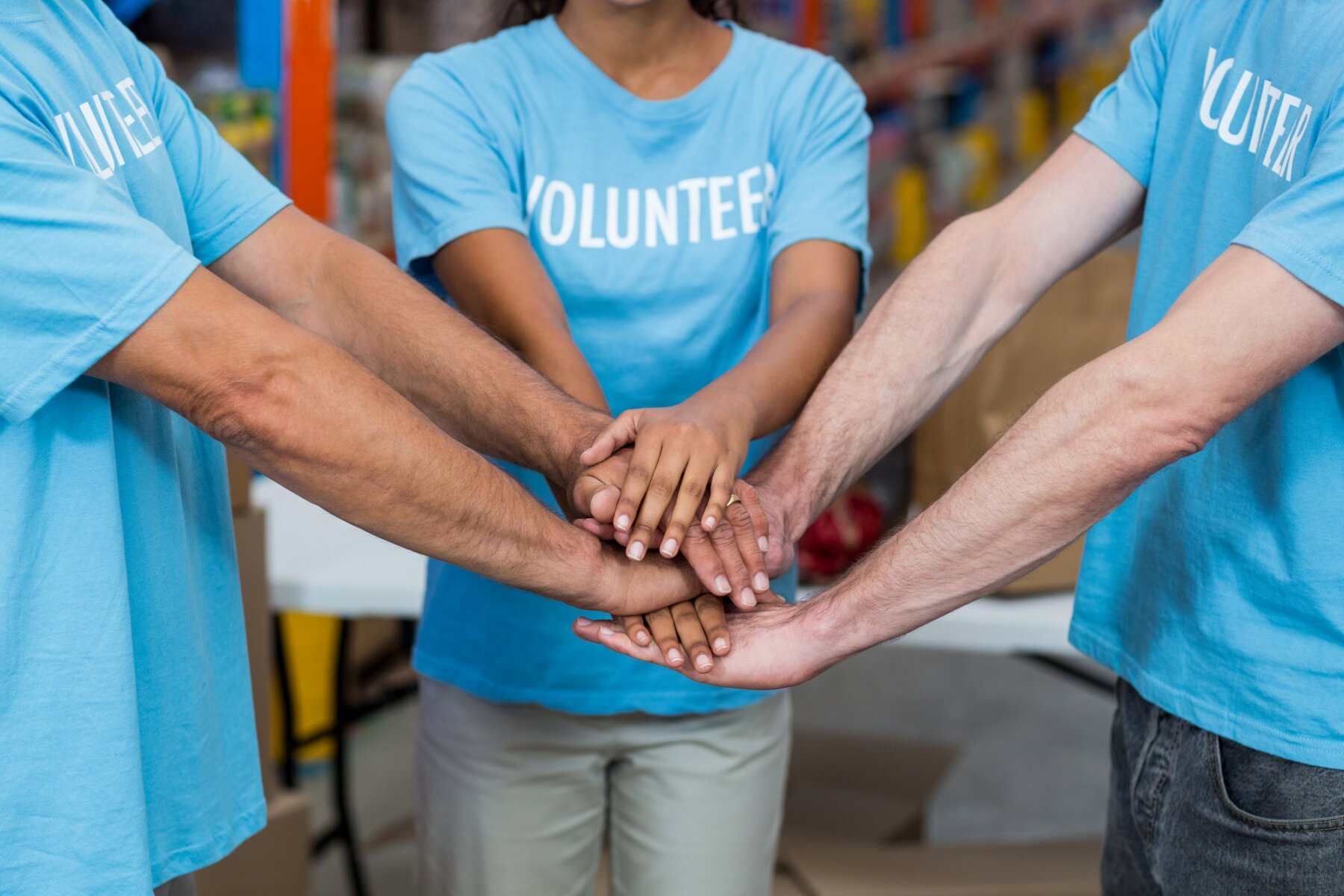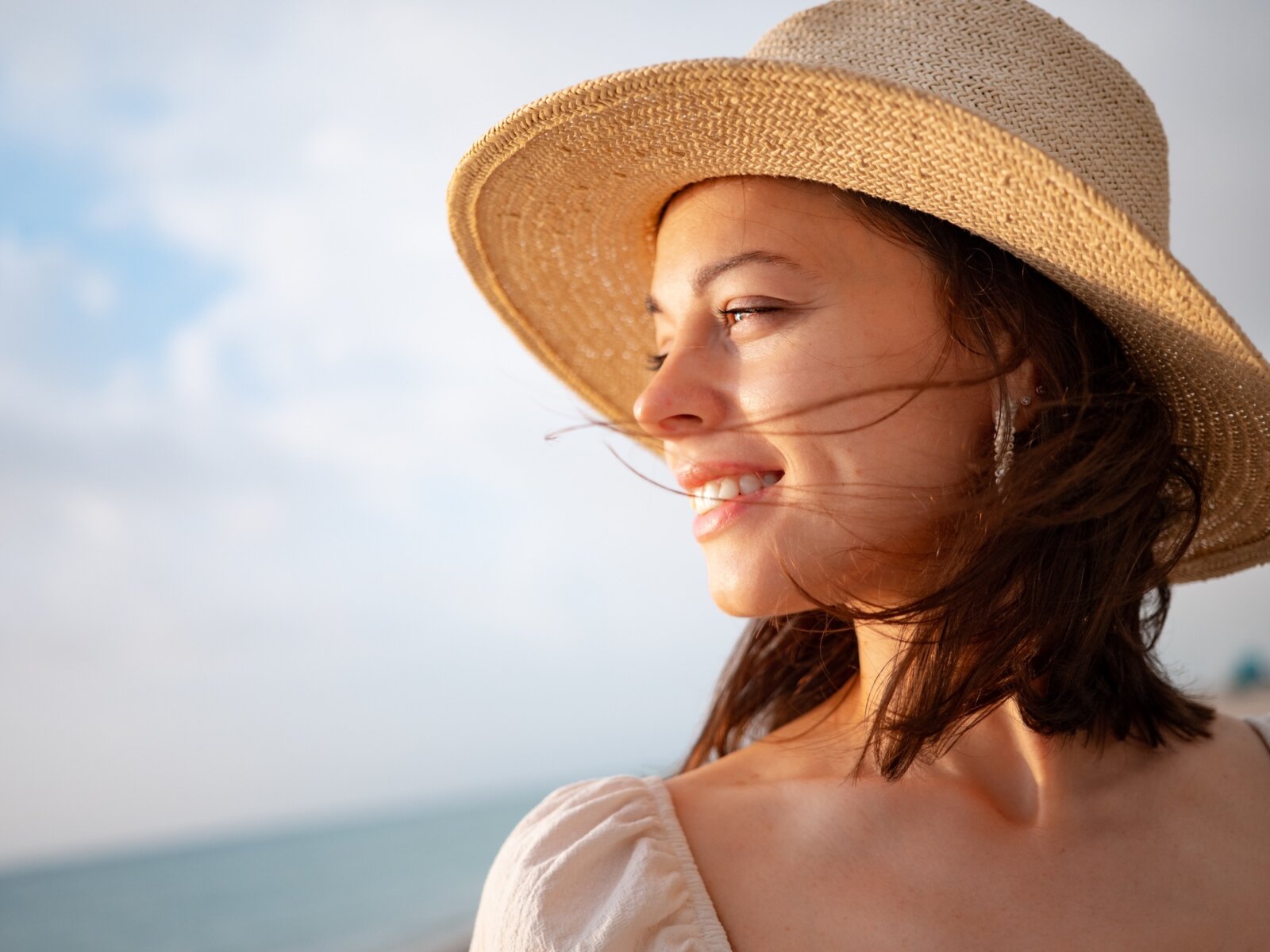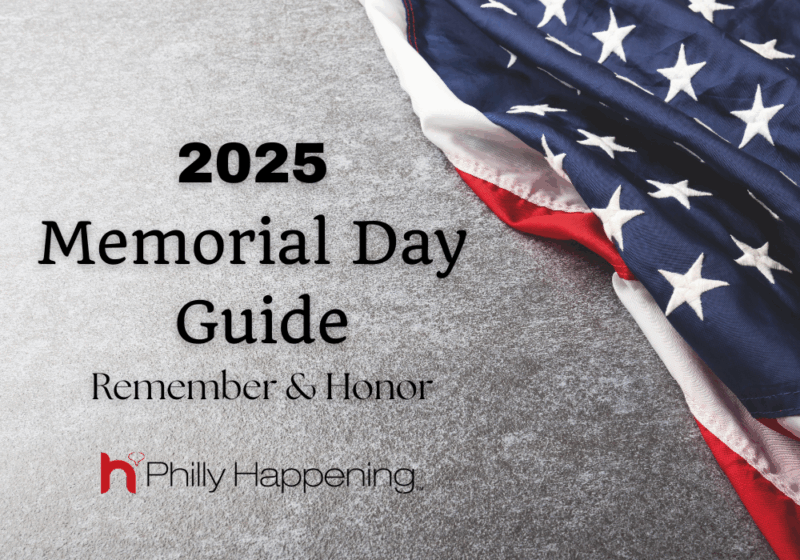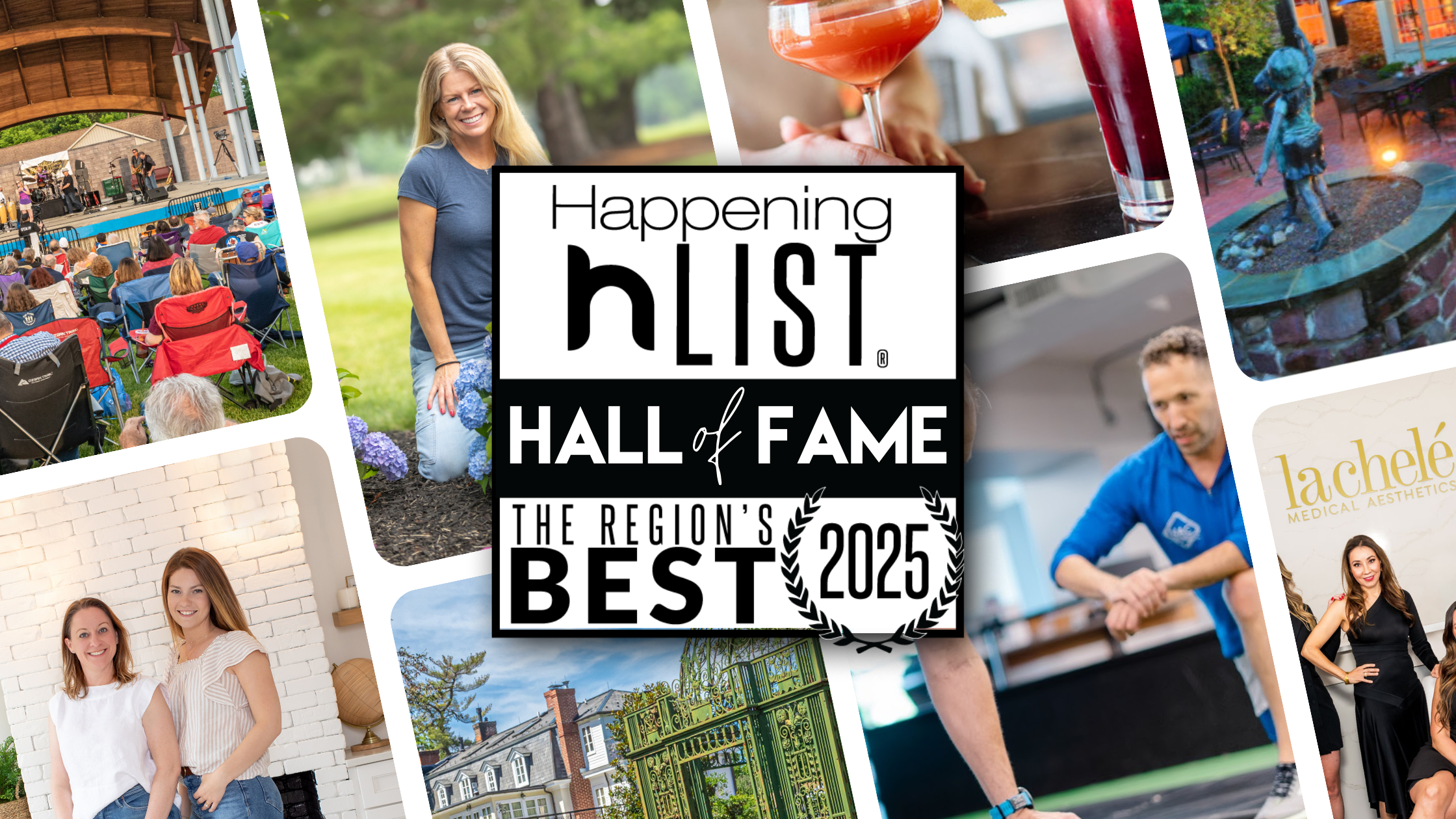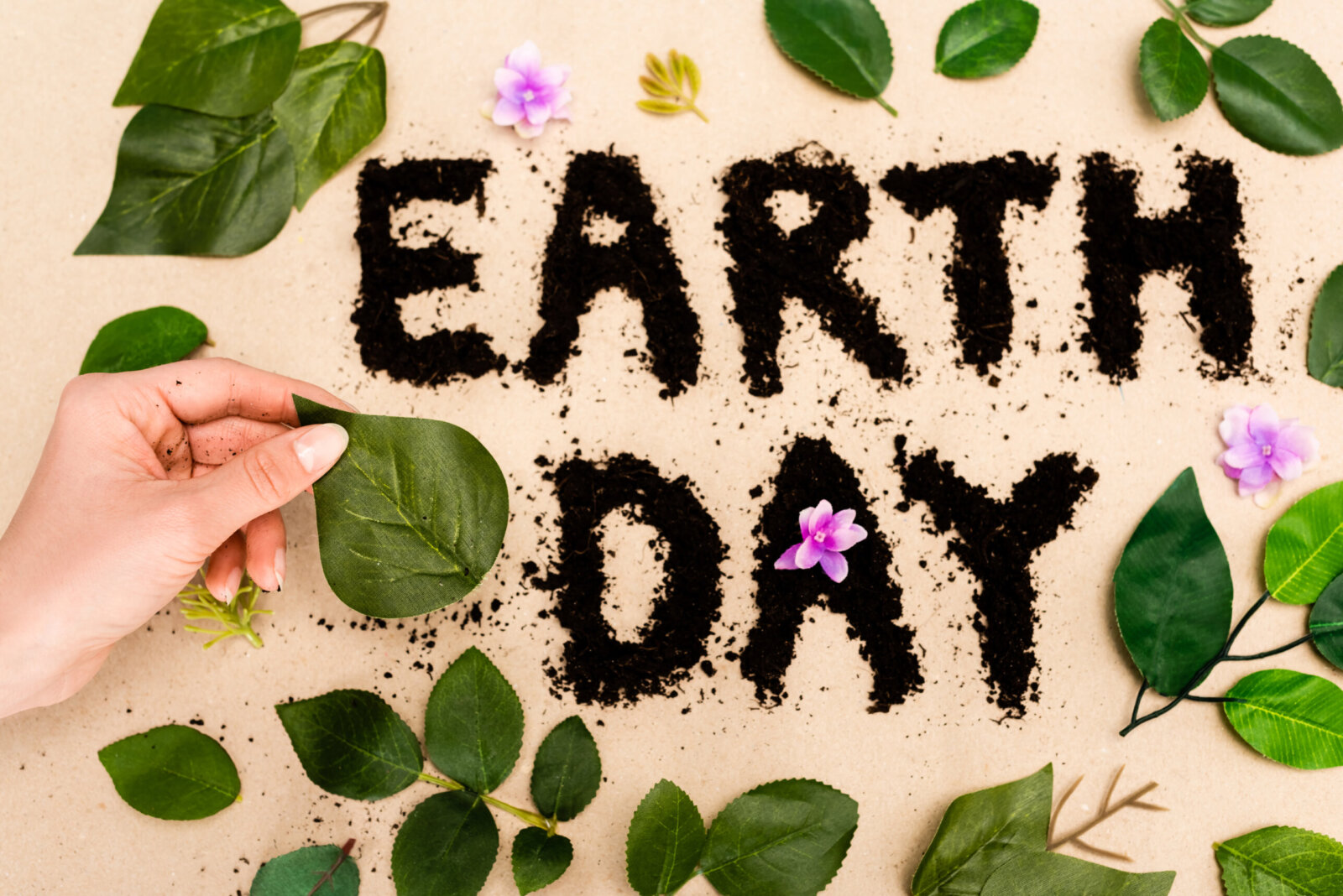I was a busy woman in 2006 – a part-time practicing attorney, wife, mom to two kids ages 3 and 6, and household manager. Breast cancer was not on my “radar.” How could it be? I had no family history of the disease, I was only in my 30s, I had had my first pregnancy at age 29, breastfed both kids, and was generally active and healthy. I thought I was doing everything “right.” But, in March of 2006 some odd things started happening. For a period of over 24 hours, my left nipple itched like crazy, then developed a waxy-like covering which eventually peeled. Although I assumed it was some kind of irritation from jogging, I went to the internet and googled “itchy nipple.” Much to my surprise, breast cancer was a top hit in my search results. I started feeling around and found a lump on the opposite breast. Over the next couple of weeks, in a rapid succession of doctor visits, diagnostic tests, and biopsies, I learned that I had breast cancer, invasive ductal carcinoma. The itchy nipple turned out to be nothing, but the lump (which I only found thanks to that itchy nipple on the other side), was cancer. So, as of April 4, 2006, I added another title to my repertoire, “cancer patient.”
That new title of “cancer patient” brought another flurry of doctor visits, tests, and decisions. Suddenly, I was immersed in this new world with words and concepts I had never heard before. I was never good at biology or science, had no medical background, yet here I was being asked to make all kinds of life-altering medical decisions — and relatively quickly. I had to pick the type of surgery and whether or not to do reconstruction, make treatment choices and doctor choices. The questions and issues seemed to be endless. What I found really surprising was the lack of clarity and the “grey areas” that existed in the medical field. I had always thought that if you were diagnosed with disease “x,” then you would address it by method “y.” I assumed that treatment decisions were pretty clear-cut. What I didn’t realize is that there is a whole host of variables that go into each diagnosis and treatment recommendation. I was surprised to find that research studies are often less than clear about which treatment method has the highest possibility of success and many studies contradict each other. Further, most of the research studies included only older women, not women under age 40. The breast cancer world in particular was extremely complicated. I found out that not all breast cancers are the same – there were actually many different types and variations and things called receptors which some cancers had and some didn’t. So, I did my research to learn as much as I could, visited multiple doctors with lists of questions, and ultimately chose the course that I felt was best for me.
That course started with a single mastectomy in June, 2006 with immediate reconstruction. The pathology reports found that “my” cancer was estrogen-receptor and progesterone-receptor positive, 2.3 cm in size, and one lymph node was involved. A month later, I started chemotherapy – the part I was dreading the most. Because I was young, and my tumor larger than expected, they suggested “dose dense” chemo which meant a treatment every other week, for a total of eight treatments. The first four rounds were “AC” chemo (adriamycin and cytoxan) and they were just plain nasty. While some women do well on this chemo regimen, I did not. I became very sick after each treatment, needing to return to the hospital the following day for fluids. I lost 16 pounds during these first four treatments and of course my hair, too. Now, I really looked like a cancer patient! I tolerated the remaining four Taxol treatments much better and I almost started feeling human again. My treatments ended in October 2006. I returned for additional surgeries over the next year and started on hormone therapy, Tamoxifen, which I would take for the next five years.
Throughout all of this, my most important role was to continue being “mom” to my two children. Before my surgery, I explained as best I could what cancer was and what would be happening over the next few months. We talked about the “yicky” medicine that would make my hair fall-out, about being gentle when hugging mommy, and answered any questions they had. We emphasized that our family would get through this. My son, who turned four while I was in the hospital for my mastectomy, was too young to grasp most of it. The only thing that concerned him was my lack of hair that summer – he didn’t want to see my bald head. So, I kept it covered whenever he was around. My daughter, however, was entirely too sharp for a six-year old and always cut to the heart of the matter. I remember vividly one day in our kitchen when she asked me suddenly, “Mom, who will take care of me if you die?” How I managed to answer that question without breaking down, I still don’t know. But I did, and reassured her that I had no intention of leaving this earth anytime soon. We were very fortunate that summer to have family and friends who would stay with us to help out, or who would let the kids stay with them during my treatments. Still, I was angry that what should have been a fun summer for my kids was spent watching their mother battle breast cancer. No 3 and 6 year old child should have to live through that.
Early on in my diagnosis and treatment, thanks to Dr. Susan Love’s “Breast Book,” I learned about the Young Survival Coalition (YSC), an organization focused on young women diagnosed with breast cancer under age 40. I felt relieved to know that I was not alone. During the summer of 2006, I met Kim Hagerich and Stacey Slater through the Gilda’s Club in Warminster. Both young women diagnosed with breast cancer in their 30s, they decided later that year to start a local YSC Affiliateright here in the Greater Philadelphia area. I was ecstatic! I attended the meetings from the very beginning and became an active volunteer and leader. Over the years, our group grew steadily. Today, there are just under 300 young survivors in the Greater Philadelphia area on our active distribution list. We hold regular support group meetings, socials, and educational events. I was honored and thrilled to be hired in the fall of 2009 as the YSC Program Manager for the Greater Philadelphia area. Through my job and volunteer work at YSC, I enjoy “giving back” by supporting young women along their breast cancer journey.
I have also committed to supporting YSC through their Tour de Pink (TDP), a 3-day bike ride. Although I have never been much of a bike rider, the past two years, I have ridden one-day of the East Coast TDP averaging 50 miles each day. I enjoyed the experience so much, that this year I have signed up to ride the entire three days, over 220 miles from Philadelphia PA to Washington DC during the last weekend in September. Not only am I committed to raising a minimum of $2500 for YSC, the training for this ride is another way to take care of myself and become physically and mentally stronger. I am continuing to fundraise for this upcoming event and donations are welcome.
CLICK TO DONATE TO MICHELLE’S TOUR DE PINK EFFORTS
Through these past six years, I have learned that I will never be “back to normal.” That 37-year old that I was, is no longer. I had to face a disease typically reserved for women in their 60s, and confront my own mortality, along the way losing parts of my body and life that will not be recovered. I have to be ever-vigilant for signs that the cancer may have returned, and try not to focus on that fear on a daily basis. Side effects from my treatment linger to this day and will be something I will continue to contend with for the rest of my life. Additional side effects and diseases from those toxic treatments are a very real possibility. I also wonder and worry whether one day my daughter will have to go through this too. I pray not. She will already have me to thank, when at the age of 27, she will have to start being closely watched and tested for signs of breast cancer (current recommendations are to begin this 10 years prior to the age of mother’s diagnosis).
But rather than focus on these issues, I do my best to take what I have learned along the way to help others and hopefully, make a difference. I have continued educating myself on the science of breast cancer through attendance at all of the National Breast Cancer Coalition’s (NBCC)Project LEAD courses, as well as scientific and advocacy conferences. I now participate in grant reviews through the Department of Defense Breast Cancer Research Program and sit on the Scientific Advisory Board for the Avon Foundation, ensuring that the perspective of the breast cancer patient remains a constant consideration. I am also a trained NBCC Team Leader and lead groups of advocates in meetings on Capitol Hill during their annual advocacy conference. I am thrilled and excited to be currently transitioning to a new job at YSC in the national programming department which will focus on research and advocacy for young women diagnosed with breast cancer under the age of 40. Through this new job, I hope to keep the medical, research, and legislative communities mindful of that fact that young women CAN and DO get breast cancer.
Meet our other Happening Survivors: Kristie P., Michell, Tiffany, and Jodi I.


